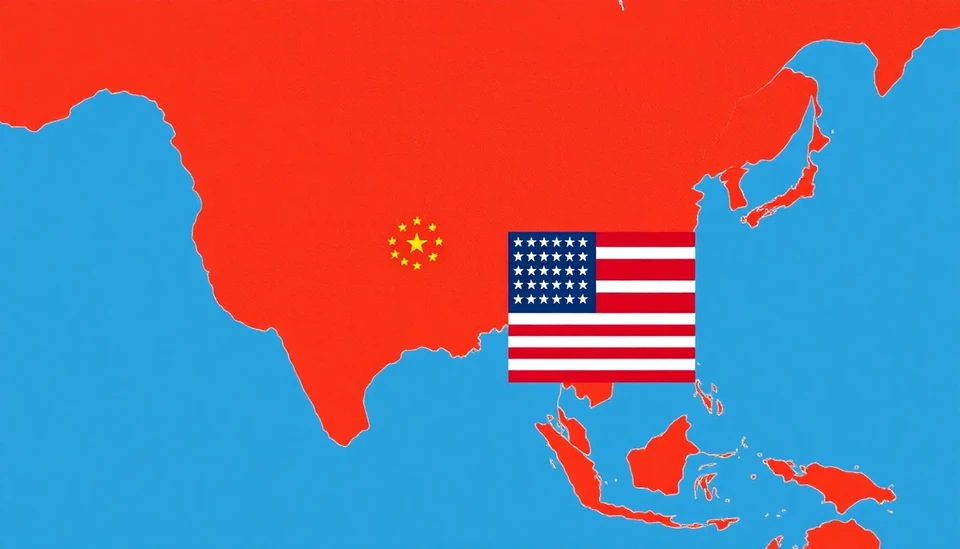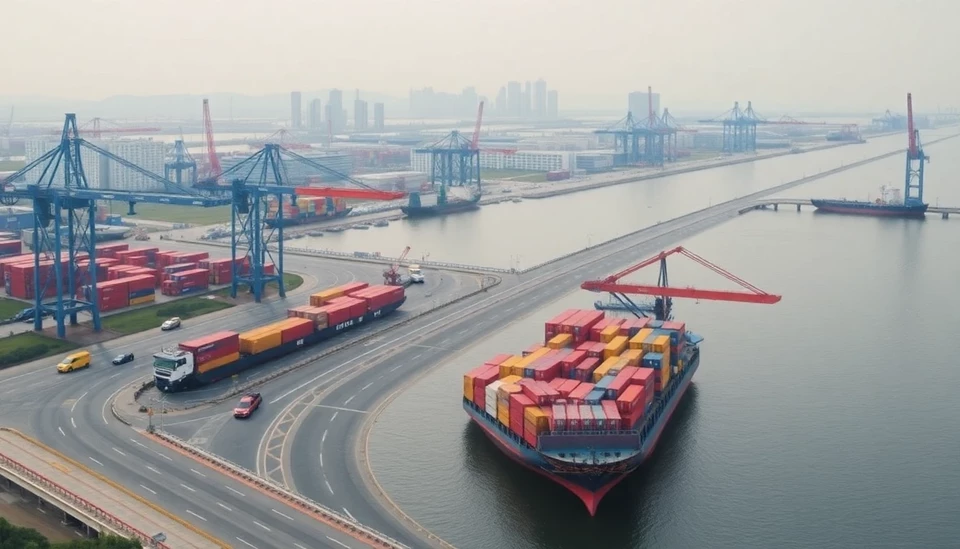
In a striking turn of events, recent data has revealed a collapse in trade of essential petroleum products between China and the United States, raising alarms about the ongoing economic decoupling between the two superpowers. The analysis underscores a steep decline in exports, highlighting the growing rift in trade relations as both countries navigate a complex geopolitical landscape.
This downturn in trade is particularly noteworthy given the robust interactions that had characterized the energy sector between the U.S. and China over the past few decades. Reports indicate that China has significantly reduced its imports of crucial petroleum products from American suppliers, a move that reflects not only shifting market dynamics but also the deteriorating trust between the nations.
The precise figures reveal that imports of products such as gasoline and diesel from the U.S. have plummeted by over 50% in the past year. Analysts suggest that this decline may be attributed to several factors, including China's desire to bolster its domestic production capabilities and the increasing emphasis on energy security amidst rising global tensions.
In parallel, experts have weighed in on the implications of this dramatic trade shift. With many speculating that the trend could escalate, it raises significant concerns about potential shortages and price volatility in the global oil markets. The repercussions are felt not only in China and the U.S. but also in other markets that rely heavily on these two nations' trade—effectively making this development a global concern.
Moreover, the broader implications extend beyond mere trade metrics. The energy sector has historically been a crucial element in U.S.-China relations, acting as a barometer for bilateral cooperation. The current trajectory suggests a fracturing of long-standing collaborations, as both countries appear increasingly inclined to prioritize self-sufficiency over mutual benefit.
This evolving trade scenario could have lasting effects on energy pricing and availability worldwide, as both nations experiment with alternative sources of energy and trade routes. Consequently, analysts are closely monitoring these developments, seeking to understand not only immediate economic impacts but also the long-term strategic shifts that may arise from this decoupling.
As the situation unfolds, governments and businesses alike are urged to re-evaluate their strategies concerning energy sourcing and trade relations. For many, the transition toward a more uncertain economic environment necessitates a proactive approach to mitigate risks associated with such volatility.
The abrupt slowdown in petrochemical exchanges between the U.S. and China demonstrates an evolving economic paradigm that reflects deeper sociopolitical changes. Stakeholders across the globe will be watching closely as to how these dynamics continue to shape the international energy market and geopolitical relations in the years to come.
Whether this marks a temporary setback or a new normal in U.S.-China relations remains to be seen, but one thing is clear: the stakes are high, and the consequences of this decoupling could ripple through economies far beyond these two nations.
As discussions continue and the landscape shifts, the international community must grapple with the implications of this significant trade collapse, weighing the potential for ongoing conflict against the necessity of cooperation in a globally interconnected market.
#ChinaTrade #USEnergy #Decoupling #PetroleumTrade #GlobalEconomy #GeopoliticalTensions #EnergySecurity #TradeRelations
Author: Samuel Brooks




